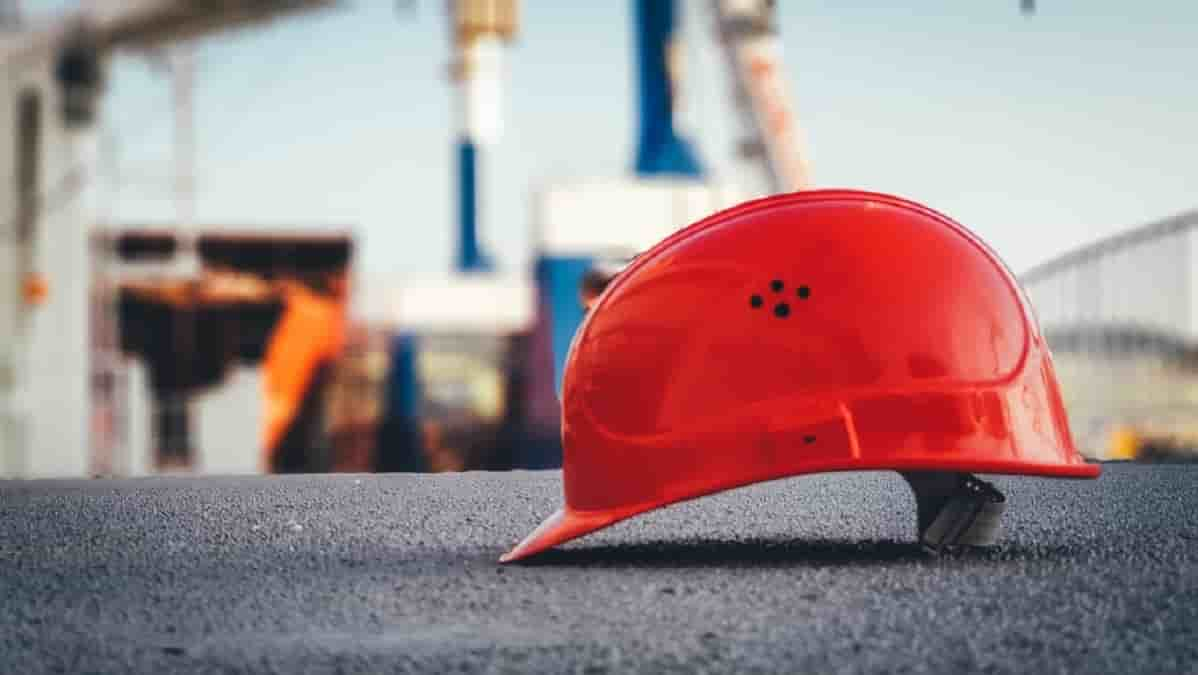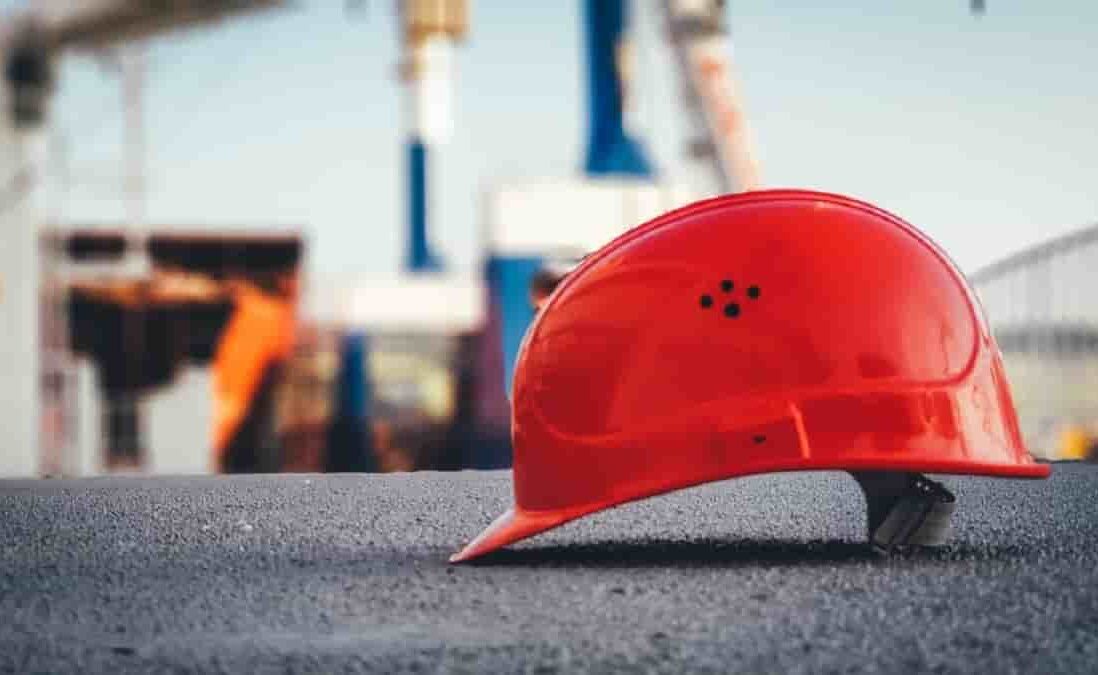The Workers Union is backing better mental health aid for construction workers.
The news comes after the Office for National Statistics (ONS) published data compiled in 2020, which revealed that there were nearly 30 suicides per 100,000 construction workers.
In a hard-hitting statement, a spokesperson for The Workers Union said: ‘The stereotypical image of construction workers is of burly, tattooed men, who are comfortable with adversity and as hard as the nails in their tool belts. But these stats show that appearances really are deceiving. We need a better deal for these hard-working people, with more opportunity to access mental health resources and industry-wide improvements in understanding the malign effects of depression and suicidal thoughts on individual wellbeing.’
Figures from the ONS also formed the basis of a study compiled by Glasgow University’s Billy Hare. Professor Hare found that construction workers are nearly three and a half times more likely to commit suicide than workers in other sectors. Furthermore, his research highlighted that the problem is more serious amongst unskilled and blue collar workers, a group that saw a sharp increase in suicides from 48 to 73 per 100,000 workers between 2015 and 2019.
The chief executive of the Lighthouse Construction Industry Charity, Bill Hill, whose organisation specialises in mental health for construction workers and commissioned the Glasgow report, said: ‘It is worrying that our support is not reaching the ‘boots on the ground’ workforce. This could be because about 53% of our workforce are self-employed, agency or zero hour contractors and we are simply not getting our message down the supply chain.’
The Workers Union Says….
It’s time to dismiss the cliched image of a construction worker from our collective consciousness and get real. These are people that work under tremendous pressure. They do dangerous work, to tight deadlines in a culture that can be unforgiving towards people who show any kind of vulnerability. We cannot allow industries that operate away from the soothing glow of corporate offices with their helplines and mental health first aiders, to be outlying fiefdoms – they must come in from the cold and develop ways of protecting struggling employees by providing them with the support and assistance they need.
To fail to do this now, would be to fail current and future generations of construction workers and discourage young people from choosing construction as a career.
The Workers Union – fighting for social justice, fighting for you





